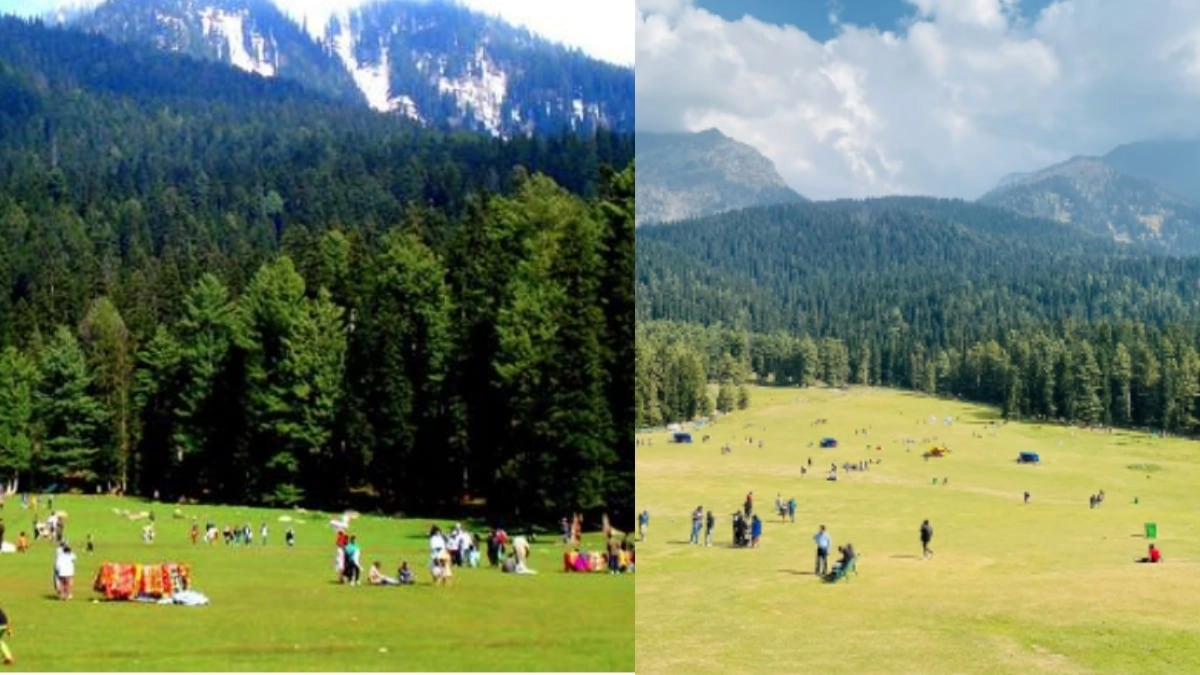Zohran Mamdani’s recent remarks on the protests against Israel have sparked significant discourse, particularly among those who have engaged with his work. As an ex-intern of Mamdani, I have witnessed firsthand the passionate advocacy for justice and the nuanced discussions surrounding complex geopolitical issues. The phrase “This Is All Jihad” encapsulates the fervor and urgency that many activists feel in response to the ongoing conflict. It serves as a rallying cry for those who perceive the struggle against perceived oppression and injustice as a moral imperative.
The protests against Israel, particularly in the context of the Israeli-Palestinian conflict, have drawn attention globally, prompting discussions about human rights, sovereignty, and the ethical responsibilities of nations. Protesters often emphasize the plight of Palestinian people and advocate for their rights, drawing parallels with historical struggles for liberation. The term “jihad,” often misunderstood, is rooted in a broader interpretation that transcends violent connotations; it can signify a struggle or effort in the name of justice. This perspective encourages a deeper understanding of the motivations behind the protests, highlighting the emotional and historical weight carried by those involved.
Moreover, the protests have ignited conversations around the role of social movements in influencing public policy and international relations. The mobilization of diverse communities coming together to advocate for a common cause illustrates the power of collective action. It also raises questions about the effectiveness of such movements in creating tangible change. While some may criticize the protests for their methods or rhetoric, others argue that they are essential in raising awareness and pushing for accountability on a global scale.
In conclusion, Zohran Mamdani’s framing of the protests against Israel as a form of jihad invites a reflection on the complexities of activism and the motivations driving individuals to participate. It underscores the importance of understanding the historical and social contexts of these movements, while also highlighting the diverse narratives that emerge in the quest for justice. As discussions continue, it remains crucial to approach the subject with sensitivity and an openness to the varying perspectives that define this ongoing struggle.




